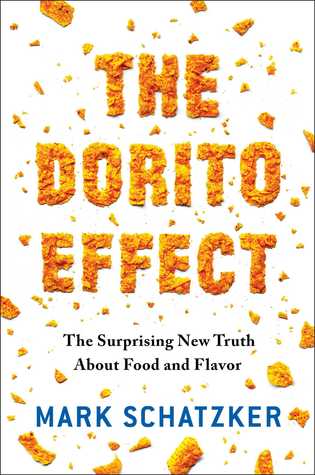You might be thinking, So what? I love beets. Or, like many people I know, you might have read that last paragraph and shuddered inwardly because you hate beets.
What I've learned this week, is that we can actively work to expand our taste likings and the likings of even the pickiest of eaters.
I'd enjoyed Bee Wilson's Consider the Fork, a history of cooking implements, so I picked this one up--a discussion of how we learn to like the tastes we do, and what can be done for those picky eaters, old and young. (Note: after hearing some of the case stories in this book, I will never call my children "picky eaters" again. I now realize they're comparative omnivores!)
What Wilson discovered is that, while there is a genetic and an in utero element to what tastes we like easily, much more of our tastes develop from how and what and when we are fed in the early years afterward. We have such thing as a tasting window, when we're open to new flavors. (Sadly, this window doesn't correspond with the current guidelines and timeline on how to feed babies.) But even after the window of our greatest tasting openness has slammed shut, there are techniques to increase our liking of other foods and flavors.
I would highly recommend this book to anyone who has to feed anyone or who is looking to expand his own limited palate. Wilson also discusses some of the food-liking limitations of autistic kids and treatments that help!
Even if you're not someone crippled because you can only stand to eat a handful of things, there's much to be gained from expanding our flavor horizons. Limited foods often equal limited nutrition. And the rise of processed food consumption has led to people developing "uncannily homogeneous tastes, markedly more so than in the past." What are these homogeneous likings? Well, for sugar, fat, salt, and refined carbs.
Now that "half of adults in the U.S. have diabetes or pre-diabetes," it's looking like a great time to reform our palates. As Wilson points out, it's no use threatening or advising folks. Much more useful is actually getting people to enjoy a healthier, more varied diet because they discover they like it and start to prefer it. Hence my exercises in beets (and green beans the night before). Multiple exposures can get people over the I-don't-like-beets hump into the familiarity camp, and then into the tolerance camp, and then--possibly--into the liking camp! That's the plan, anyhow.
It can happen. Over the years I've grown to like beets, cilantro, cooked spinach, fish, kale, mushrooms, and onions--all things I disliked as a kid. Who knows what more lies out there?
 |
| Speaking of new flavors, did you notice our new Thursday vendor? |
 |
| and The Box's flavor explosion: Kahlua Pork Bao |



